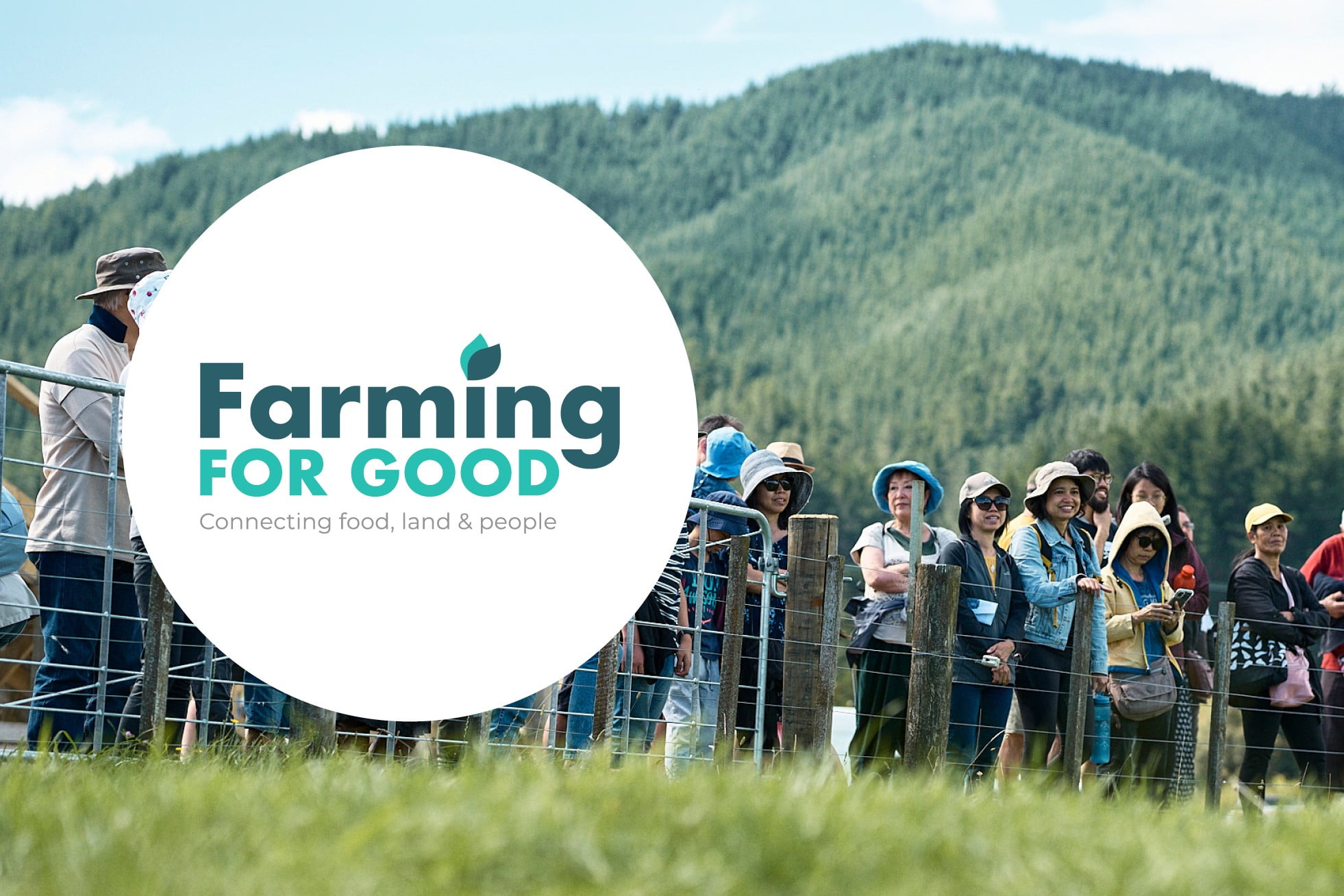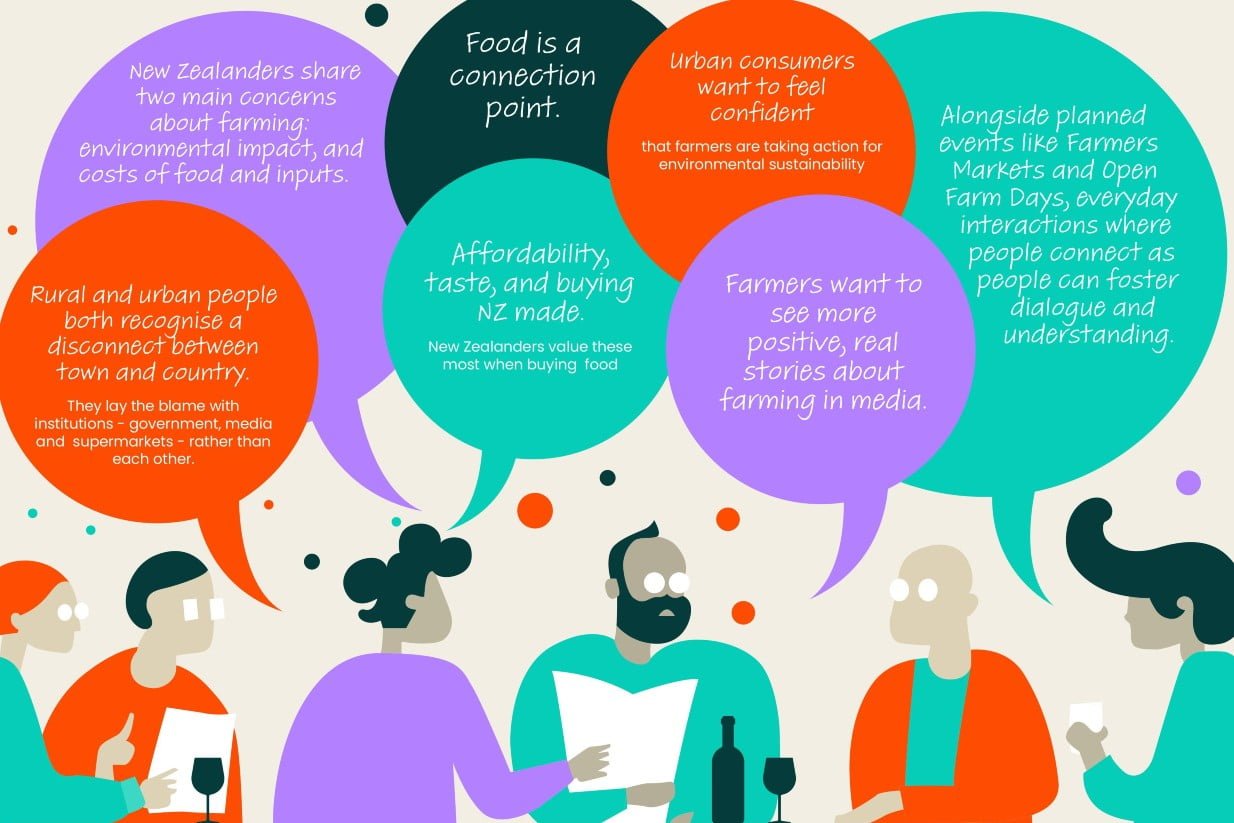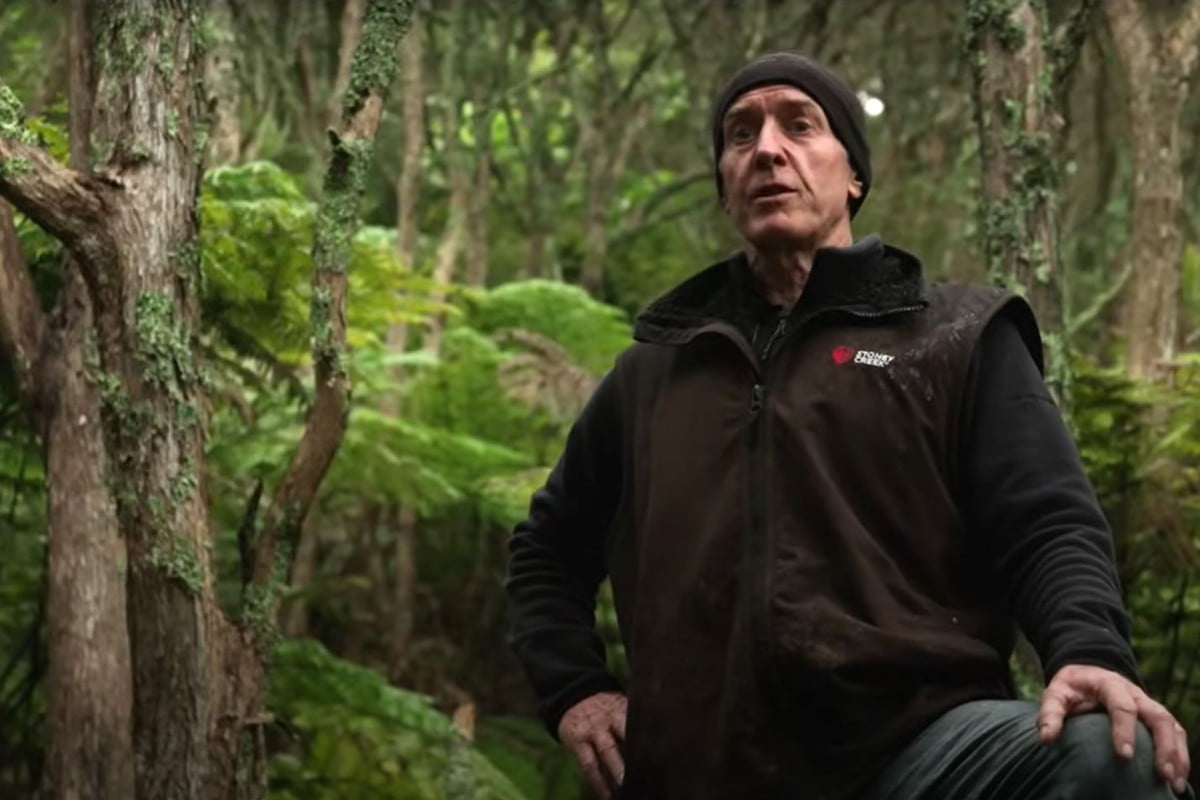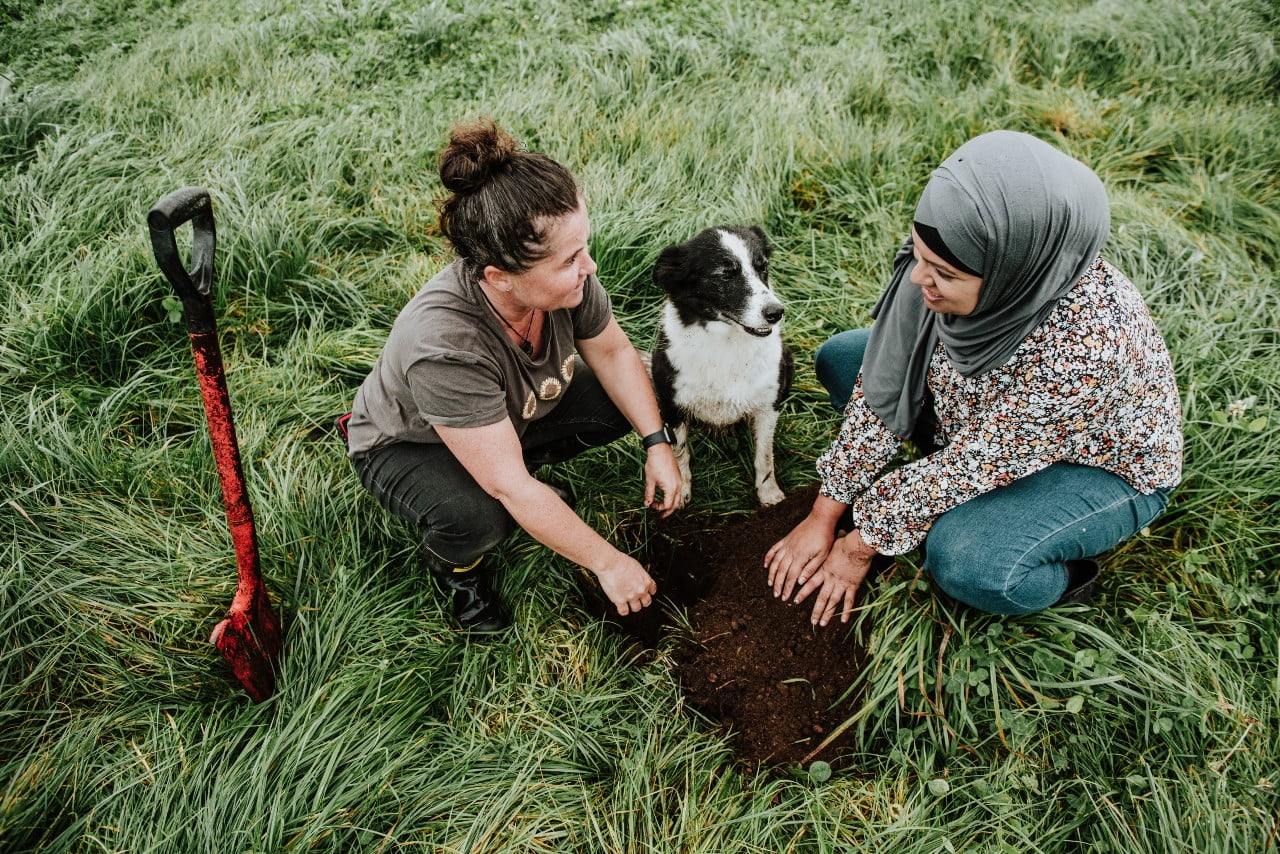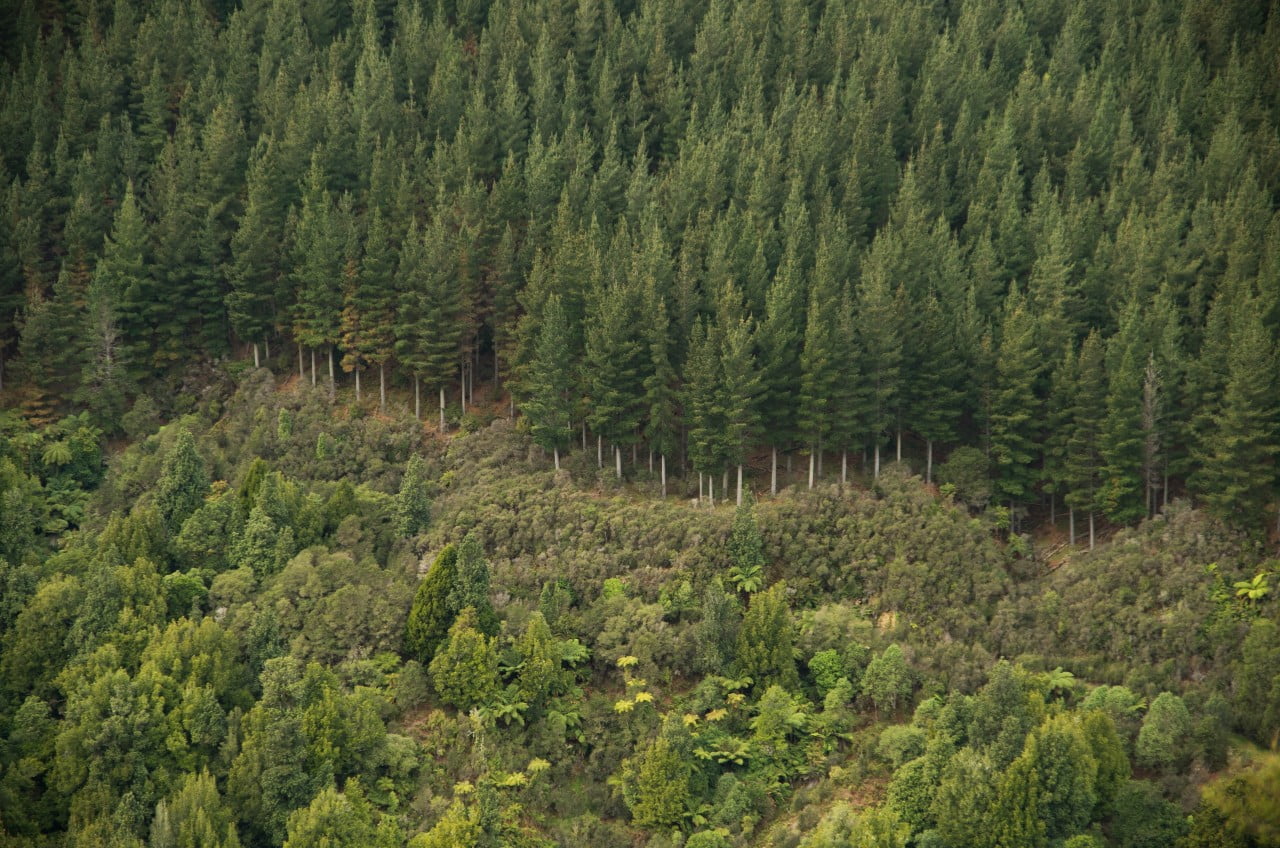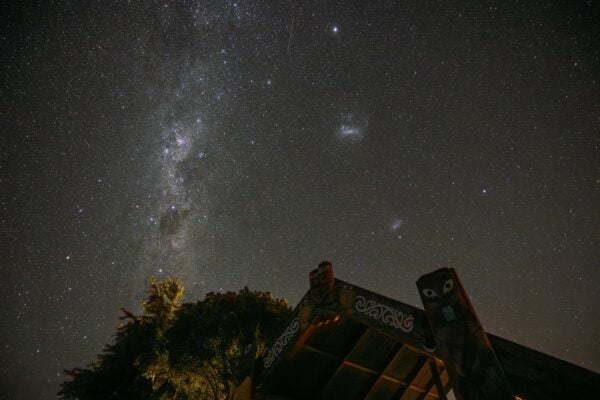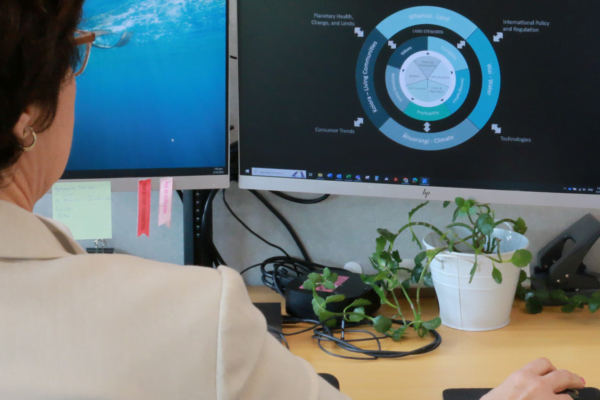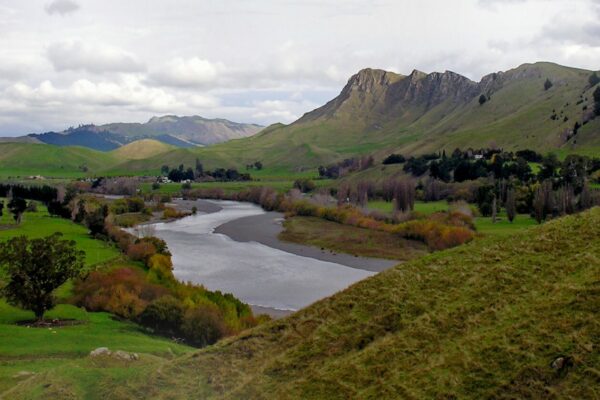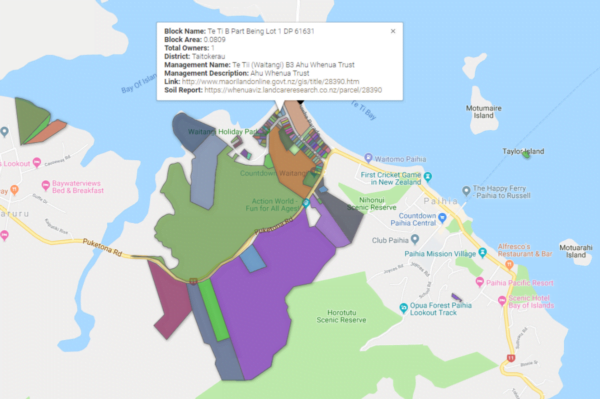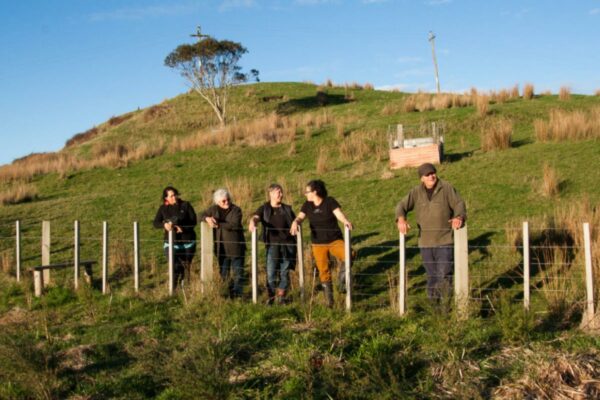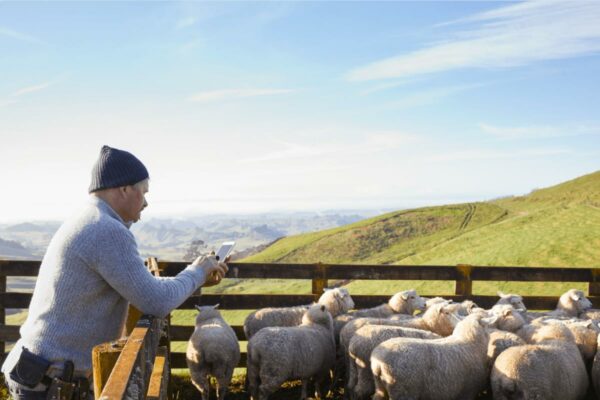Diverse Experiences of Farming
Building a place-based social licence to operate
Project Details Ngā taipitopito
Collaborators Ngā haumi
What are we doing?E aha ana mātou?
By better understanding the underlying worldviews that shape perceptions of farming and the agri-food industry, this project aims to support empathetic connections between producers and consumers.
Key language associated with social licence to operate, farming and te Taiao will be surveyed to identify points of connection among diverse communities. A core component of the project includes understanding, identifying, articulating, and visualising experiences of agriculture among various stakeholders, industry, community groups and others.
The project aims to generate recommendations for connecting New Zealanders to build a unified foundation for discussion, to support more trusting relationships around farming, and improve social licence to operate.
How can the research be used? Ka pēhea e whai take ai te rangahau?
- This project aims to improve communication between farmers, iwi, government entities, and consumers regarding farming and te Taiao, through understanding of different views and shared language as they relate to social licence to operate.
- A survey on the key language of social licence to operate will illuminate worldviews, language used, and points of connection across a range of iwi partners and the agri-food network.
- This research will present new methods to understand, identify, articulate, and visualise the various perceptions of Māori with respect to agriculture.
- Academic and public articles, graphics, and a mini-documentary will provide recommendations for connecting farmers and diverse publics to build social licence to operate.
- Learning from this project will be used to create and trial new tools for connecting farmers and non-farmers, and design evaluation methods to understand how well they work.
- This work will look for connections between te Taiao and the principles underpinning regenerative and sustainable agriculture.
 View Our Strategy Document 2019 – 2024
View Our Strategy Document 2019 – 2024



